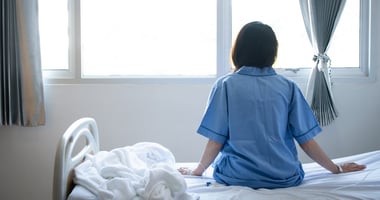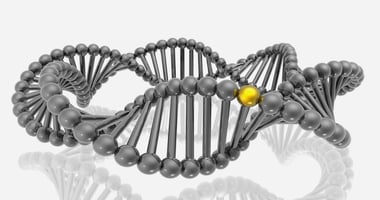Genetic Counseling May Benefit People With Schizophrenia
 |
The pilot study included 25 individuals with schizophrenia. Each was given information about what is currently known about the causes of schizophrenia and, based on family history and best available empirical risk data, what the risks for his or her children, nieces, or nephews were of developing the illness. The individuals were also assessed before and after genetic counseling on their knowledge of schizophrenia and how genetic counseling affected them psychologically.
At the start of the study, subjects tended to overestimate the risk of schizophrenia recurring in their family, expressed concern about it, endorsed common misconceptions about the origins of schizophrenia, and blamed themselves for their illness. After counseling, they better understood the causes of schizophrenia, were less concerned about it recurring in their family, and were less likely to blame themselves for having the illness. And they indicated satisfaction with the counseling they received.
For more information about genetic counseling in psychiatry and developments in understanding the genetic underpinning of psychiatric disorders, see the American Psychiatric Publishing book Psychiatric Genetics. For more about genetic links to schizophrenia, see the American Journal of Psychiatry.
(Image: GeK/Shutterstock)





